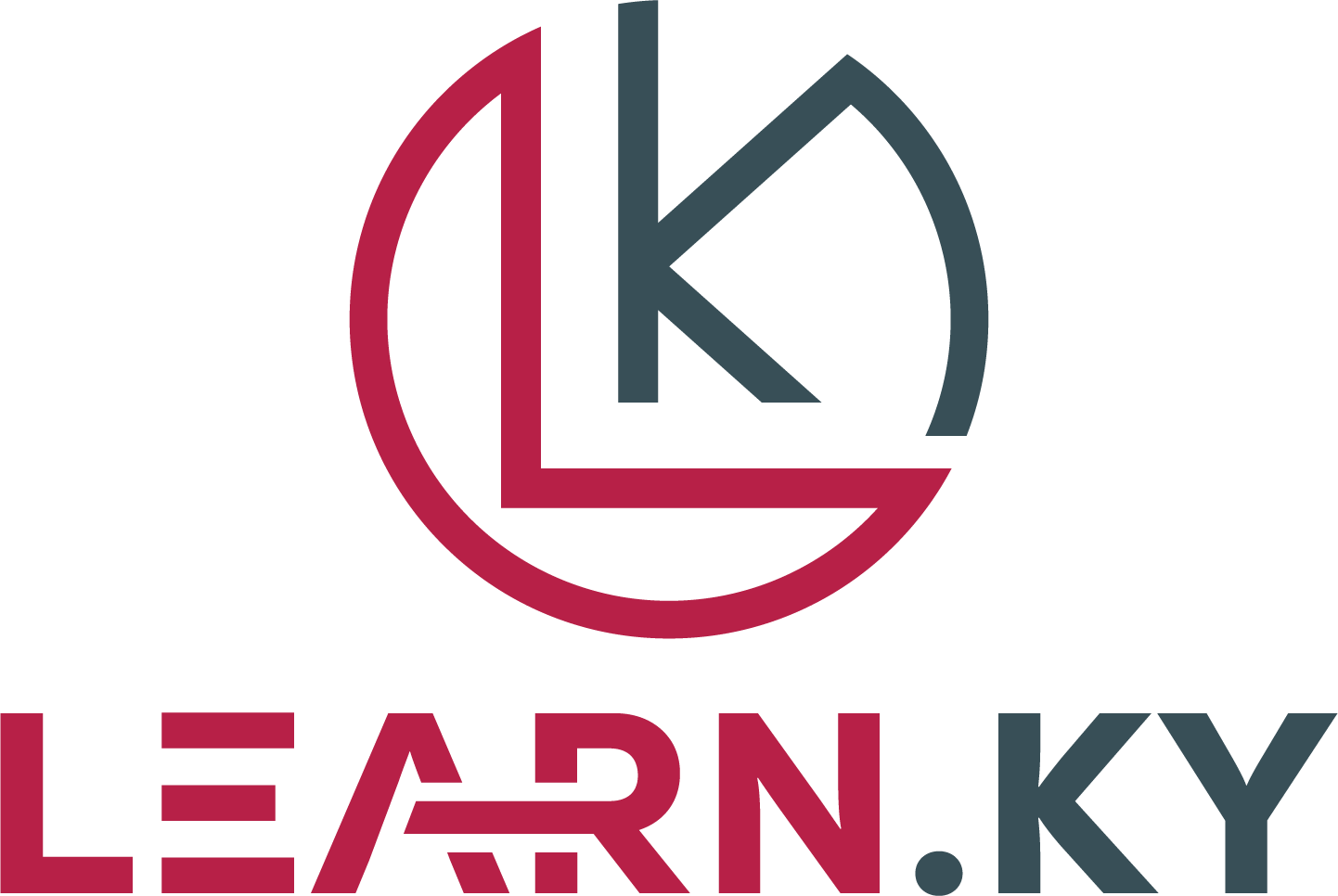AI tutoring systems are designed to provide students with individualized support and guidance, helping them master complex concepts and skills at their own pace. By incorporating machine learning, natural language processing, and other advanced technologies, these systems can analyze student performance, identify areas of strength and weakness, and deliver targeted feedback and recommendations. This personalized approach to learning not only enhances student engagement and motivation but also improves learning outcomes by catering to each student’s unique learning style and pace.
Moreover, AI tutoring systems have the capacity to adapt to students’ progress in real-time, adjusting the difficulty of tasks and exercises based on their performance. This adaptive learning approach ensures that students are continually challenged at an optimal level, preventing boredom or frustration from setting in. By promoting a growth mindset and fostering a sense of achievement, AI tutoring systems can help students develop a deeper understanding of complex subjects and build confidence in their abilities.
Furthermore, AI tutoring systems offer educators valuable insights into students’ learning patterns and preferences, enabling them to identify learning gaps, track progress, and intervene proactively when necessary. By leveraging data analytics and machine learning, teachers can gain a deeper understanding of each student’s academic needs and provide targeted support and intervention. This data-driven approach to teaching can help educators optimize their teaching strategies, personalize instruction, and ultimately improve student outcomes.
Beyond individualized learning, AI tutoring systems also have the potential to democratize education by making high-quality learning resources more accessible to a broader audience. Through online platforms and mobile applications, students can access educational content anytime, anywhere, breaking down barriers to learning and expanding educational opportunities for all. This flexibility and convenience empower students to take control of their learning journey, fostering a culture of lifelong learning and continuous personal growth.
While the possibilities offered by AI tutoring systems are undeniably exciting, it is essential to consider the ethical and social implications of integrating artificial intelligence into education. Concerns about data privacy, algorithmic bias, and the depersonalization of learning are valid and must be addressed proactively to ensure that AI technologies serve the best interests of students and educators. By prioritizing transparency, equity, and ethical use of data, we can harness the potential of AI tutoring systems to enhance education without compromising our core values and principles.
In conclusion, AI tutoring systems represent the next frontier in education, offering a transformative approach to learning that is personalized, adaptive, and engaging. By harnessing the power of artificial intelligence, we can empower students to reach their full potential, enable educators to optimize their teaching practices, and create a more inclusive and equitable educational landscape. As we embark on this exciting journey towards the future of learning, it is essential to embrace the possibilities offered by AI tutoring systems while remaining vigilant about the ethical and societal implications of integrating AI into education. By striking a balance between innovation and responsibility, we can unlock the boundless potential of AI tutoring systems and pave the way for a brighter, more equitable future for education.










